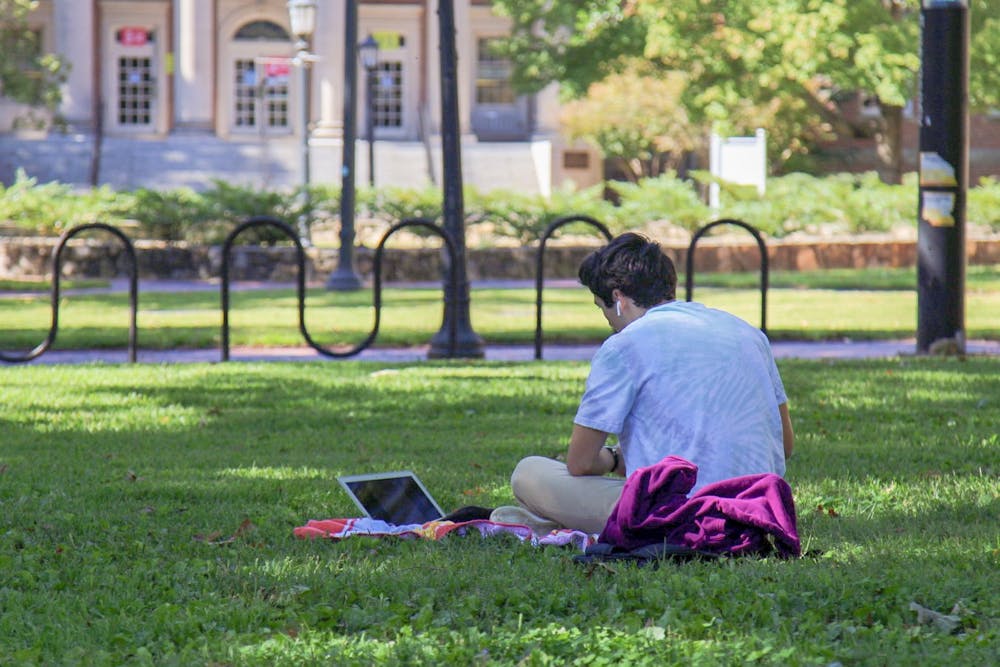The Commission on Campus Equality and Student Equity created a survey that it shared on Twitter last week to gather student responses about their thoughts and concerns in regard to spring semester.
Information provided will be shared with the Campus and Community Advisory Committee to advise the group’s recommendations to administration for the spring semester.
The questionnaire asked students about the impact that not having sufficient breaks this semester has had on their mental health. It also asked students whether professors were accommodating of their educational needs this semester and if they felt that the student perspective was being considered in University decisions.
Maya Logan, a junior majoring in quantitative biology, is the vice-chairperson of the commission.
“We are making sure that more student leaders and people who are not in student-led decisions are at the forefront of these conversations because we see that they are oftentimes left out of those important conversations in regarding how their lives will change due to COVID-19 and the recent decisions of returning in the fall,” Logan said.
She said that these student responses will help inform faculty members about how students are currently feeling.
“We will be using what we receive from the survey to start a greater dialogue and hopefully implement all of these conversations into the spring semester,” Logan said. “Without these student conversations, and without surveys, and being able to see where students are at now, why should we be reconsidering the reopening option without even doing that important step?"
Joel Curran, vice-chancellor of communications, said in a statement via UNC Media Relations that Chancellor Kevin Guskiewicz plans to work with the committee, alongside other groups, to better make decisions about spring semester planning, with health and safety as a priority.
“University leaders are taking a detailed and thorough approach to planning, and while there ultimately are a multitude of critical considerations to keep in mind, including the integrity of the academic calendar, nothing will be more important than the health and safety of our students, faculty, staff and community,” Curran said.




